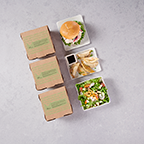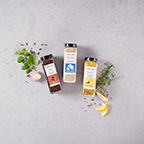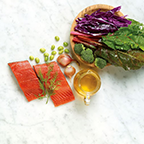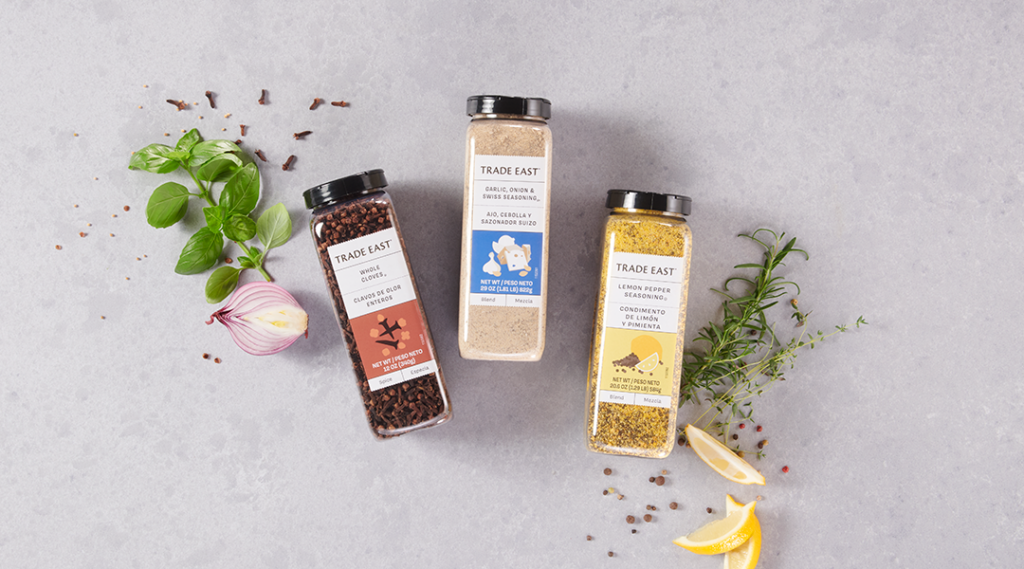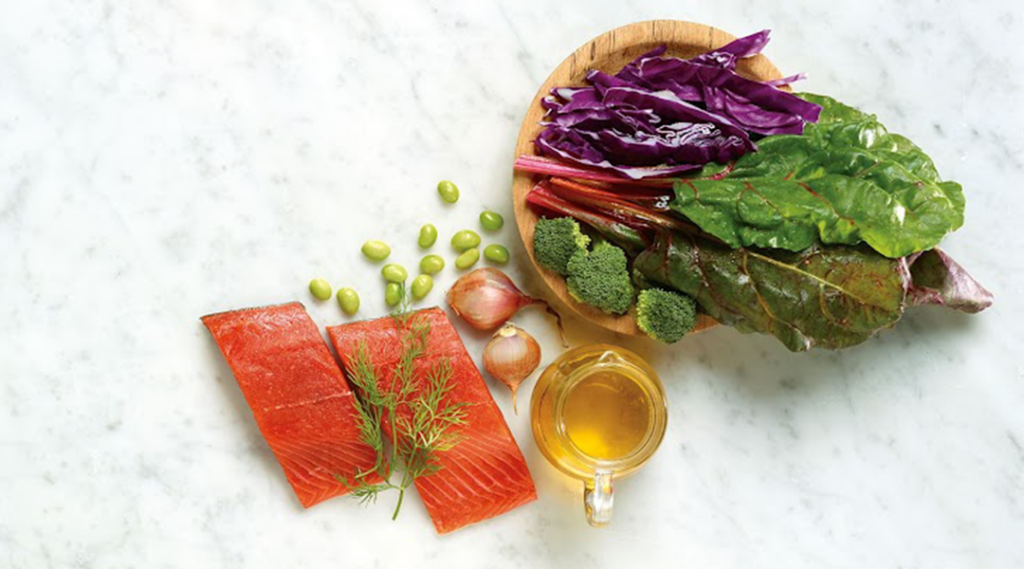The more information you can offer about a menu item, the better.
Natural.
Organic.
Sustainable.
Local.
Clean Foods.
Grass Fed …
By now, it’s likely you’ve heard all these terms—and maybe more. And, it’s likely you’ll hear more about them and will be working your menus to accommodate consumer interest in them. According to late 2014 MenuMonitor data from Technomic Inc., healthy items have increased on the Top 250 Canadian restaurant menus by 124 percent over the past four years.
Today’s diners want to know what is and isn’t in their food, where it comes from, and what their food can do for them or their community. Basically, the more information you can offer about a menu item, the better. In order to satisfy those savvy consumers, you have to know what these terms mean and why they’re important. You also have to be ready to offer some options.
Understanding how core customers define health can help narrow down possibilities for menu and/or product development. For example, different health call-outs resonate with different demographic groups: health-halo descriptors such as natural and sustainable will likely appeal to millennials (born 1977 to 1992), whereas matures (born before 1946) will likely respond better to traditional health claims, such as low-sugar and low-sodium.
The lowdown on the lingo
Keep in mind that health definitions vary. The recent study confirms that to some, health is about nutrition while, to others, it’s about sourcing.
Here’s a look at some of those terms.
Natural. In general, this refers to unaltered foods. Specifically, food labeled as natural must not:
— Contain—or ever have contained—added vitamins, minerals nutrients, artificial flavouring agents or food additives.
Have had any constituent (except water) removed.
— Have been submitted to processes that significantly altered its original physical, chemical, or biological state.
Organic. Organically grown or organically produced foods use methods that preserve the environment, minimize pollution and soil erosion, and avoid most synthetic materials. Examples include crops grown without pesticides or synthetic fertilizers and animals raised without antibiotics and growth hormones. Organically grown or organically produced foods have not been proven to be safer or healthier than items grown by regular commercial farmers. They are simply grown, handled, and processed differently.
The Organic Products Regulations, which came into effect in 2009, define specific requirements for organic products to be labelled as organic or that bear the Canada Organic logo. The Canadian Organic Standards include general principles, such as protecting the environment, minimizing soil degradation and erosion, decreasing pollution, optimizing biological productivity, and promoting a sound state of health.
Organic is defined by the system of production. The Canadian Food Inspection Agency (CFIA) is responsible for the monitoring and enforcement of the Regulations and conduct on-farm and facility inspections to verify that organic producers are conducting their operations in compliance with the Canadian Organic Standards. The Standards apply only to organic products that are imported or sold between provinces, or bear the Canada Organic logo.
Sustainable. The definition of sustainable is not regulated in Canada, but it generally refers to food and/or animals that are grown in a way that protects the environment and promotes animal and human safety. Sustainable practices include rotating crops to intercept weed, disease, and pest problems; eliminating or limiting the contamination of water with agricultural chemicals; and enhancing the quality of life for farmers and society.
Local. Food grown, produced and/or sold within a certain area may be called local. The philosophy behind local sourcing is that it is better for the community and the environment because it puts money back into the local economy and cuts down on carbon emissions required to ship products over long distances.
Clean foods. Technomic reports growth in clean ingredients—the next level of fresh, natural fare—on menus. Natural sugar alternatives are replacing artificial sweeteners. Operators are developing cleaner items without artificial ingredients in response to consumers’ preference for health-halo claims like “real” over traditional health claims, such as sugar-free and nonfat.
Grass-fed. This refers to a specific livestock feeding regimen. These animals forage and graze on grass and consume only limited supplemental grain. Grass-fed products may offer some nutritional benefits over other types of beef, including less total fat; higher levels of omega-3[cq] fatty acids; and more antioxidants. Demand for grass-fed products reflects a larger trend. Consumers are willing to pay a premium for products with real or perceived health benefits.
Veg-centric. Over the past few years, vegetables have gone from simple side dishes to center-of-the-plate stars. Veg-centric dishes are not just for vegetarians, as they use small amounts of meat and/or meat broth for flavour. But they do offer a health halo and can help satisfy consumer demand for natural, organic, local, or sustainable items on your menu.
Vegetarian. Vegetarianism has different categories, such as Semi-Vegetarian, Ovo-Lacto Vegetarian, Ovo-Vegetarian, Lacto-Vegetarian, and Vegan. Within each, there are many opportunities to satisfy a variety of customers. The keys are to understand your customers’ needs, to be clear on your menus, and to effectively communicate about what you use and serve.
For more information, contact the Gordon Food Service Canadian National Menu Specialist, Canadian Nutrition Resource Centre (CNRC) at 866-814-1272, or nutritionrc@gfs.ca.




